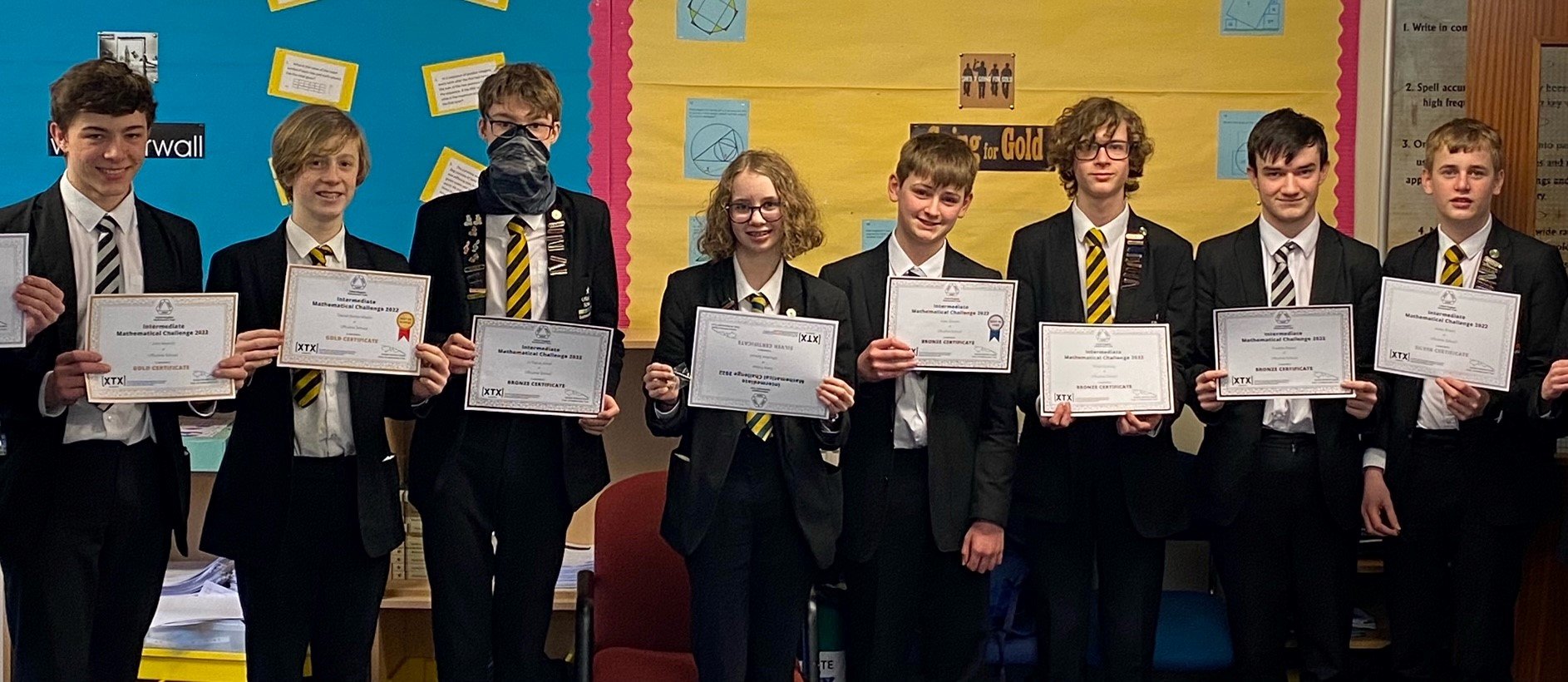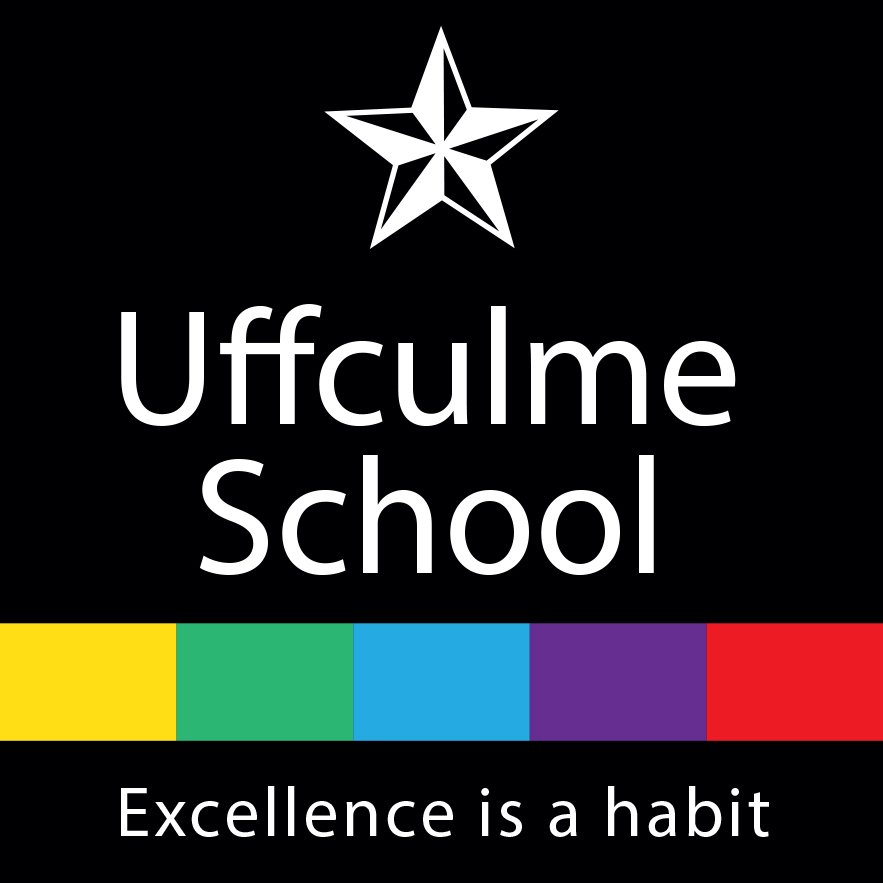
Mathematics
Welcome to Mathematics
The study of Mathematics Mathematics helps us understand the world and provides an effective way of building mental discipline. It supports and encourages logical reasoning, critical thinking, creative thinking, abstract and spatial thinking, problem-solving ability, and even effective communication skills.
Mathematics is the study of measurements, numbers, and space, and so is one of the key subject areas that people have worked to develop across the ages because of its great importance and benefit.
Mathematics plays a vital role in all aspects of life, whether in everyday matters such as driving or cooking, as well as jobs such as accounting, finance, banking, engineering, and software. These functions require a strong mathematical background, and scientific experiments by scientists need mathematical techniques. They are a language to describe scientists' work and achievements.
As for mathematical inventions, they are numerous throughout the ages. Some of them were tangible, such as counting and measuring devices. Some of them are not tangible but of equal practical importance such as methods of thinking and problem solving. The symbols that express numbers are also one of the most important mathematical inventions.
Mathematics is also the pillar of our every day lives. Without numbers and mathematical evidence, we simply could not function in our daily lives. Maths provides our understanding of time, measurement, pay rates, profits and losses, discounts, claims, supplies, jobs, stocks and shares, taxes, foreign exchange, petrol prices etc.
Maths has therefore established itself as the companion of humankind and its helper since the beginning of our existence on earth.
Curriculum and Qualifications
Key Stage 3
In KS3, we build on student learning from KS2 and further develop their understanding of all the key areas of Mathematics in preparation for KS4 and the world beyond. During Years 7, 8 and 9 students will study:
Number
Ratio and Proportion
Algebra
Geometry and Measure
Probability
Statistics
Key Stage 4
In KS4, students study for the Edexcel Maths (9-1) GCSE.
There are two tiers of entry:
Foundation (grades 1-5)
Higher (grades 4-9)
To view the course specification please click here
Home Learning & Additional Resources
The best way to practise and to improve in Maths is to DO Maths!
Homework is set using Sparx Maths. In Year 11 we begin to also look at past GCSE papers. Students will be set a series of tasks each week and all will be given different questions so there can be no copying! As time progresses the questions will become more tailored to the abilities of each student, so by helping too much you may make their work much harder. If a student gets stuck on a question then there are short video explanations to try to help them, or they can see their teacher (before the homework deadline). There are book code checks that happen to make sure that students are writing things down so please encourage them to use their Sparx books in the way that they have been shown. All students are expected to complete 100% of the work.
When students are looking for extra work or are stuck on a particular topic then Sparx can also be used. Each week there will be XPBoost questions as optional extras as well as Target questions to practice areas that a student struggled with. There is also the 'Independent Learning' section where a student can select a particular topic and work through as many questions as they want at various levels of difficulty. All of the points earned here will go towards the opportunity to achieve a Maths badge.
There are also several other web-sites/resources to support students:
If you require further information about the Maths curriculum at KS3 or KS4, please contact Miss Culver, Head of Department, at CulverB@uffculmeschool.bep.ac
Extra Curricular Opportunities
Each year we run the Maths house competition, where students in all years and of all abilities can answer problems to win points towards their house totals.
For some students, there is also the opportunity to take part in the UK Maths Challenge. Here they compete against other students from across the country to earn Bronze, Silver or Gold Awards.


Head of Year 7
Maths Teacher